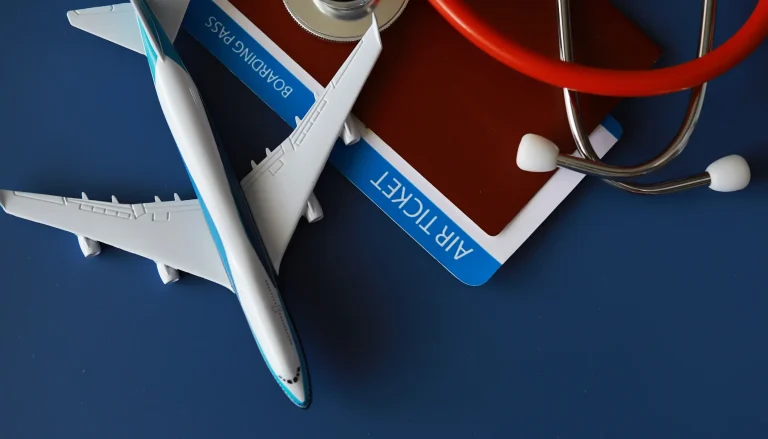Why This Matters for Nigerians
Nigerians with disabilities, including mobility impairments, hearing or visual challenges, and chronic health conditions, face specific challenges when planning to relocate. Abroad, they look for inclusive infrastructures, healthcare, legal protections, and support services. This guide covers eligibility, legal frameworks, accessibility expectations, and budgeting considerations.
Choosing Disability-Friendly Destinations
Look for countries with strong legal rights and support systems:
- Canada: Strong accessibility laws and disability support benefits.
- UK & EU (e.g., Germany, Netherlands): Anti-discrimination laws, like the Equality Act and the EU Accessibility Act.
- Australia & New Zealand: National Disability Insurance Scheme (NDIS) support and accessible housing.
- USA: Americans with Disabilities Act (ADA) protections.
Step-by-Step Guide for Nigerians
Step 1: Evaluate Your Needs & Set Destination Criteria
Consider:
- Access to assistive devices, like wheelchairs and hearing aids
- Reliable physical and mental healthcare coverage
- Job market accommodations
- Support networks and Nigerian communities
Step 2: Secure Medical & Academic Documentation
Gather:
- Medical reports in English
- Doctor’s letters outlining care requirements
- Disability certificates or evaluations from accredited health centers
Step 3: Choose the Appropriate Visa/Immigration Pathway
- Skilled Migration (e.g., Canada, Australia): Declare your impairment; you may need additional medical exams.
- Study & Post-Study Work Permits: Provide support documentation and plan for on-campus accommodations.
- Family Sponsorship or humanitarian routes: Provide evidence of care needs or caregiver availability.
Step 4: Confirm Rights & Benefits Upon Arrival
Investigate:
- Entitlement to disability-specific benefits or allowances
- Workplace accommodations rights under local disability laws
- Availability of accessible housing and transport
- Access to personal or institutional support services
Step 5: Plan for Assistive Devices & Travel Arrangements
- Contact airlines for medical assistance and seating accommodations.
- Ship or purchase devices locally, and check for customs exemptions or duty waivers.
- Apply for arrivals assistance, such as disability navigators at major airports.
Step 6: Access Local Disability Support
- In Canada: Register with local organizations like the Canadian National Institute for the Blind or services through provincial programs, like the Ontario Disability Support Program.
- In the UK: Explore the Access to Work scheme, disabled student’s allowances, and support from local councils.
- In Australia: Once eligible, apply to the NDIS for care packages and flexible support.
Step 7: Self-Advocacy and Community Engagement
- Join online and local disabled expat forums.
- Connect with organizations like Women With Disabilities International (WWDI) or the International Disability Alliance.
- Advocate for inclusion in schools, workplaces, and public institutions.
Estimated Costs (Naira)
| Item | Estimate (₦) |
|---|---|
| Extra medical or evaluation documentation | ₦100,000–₦200,000 |
| Assistive device shipping/import | ₦150,000–₦500,000 |
| Travel with disability assistance | ₦500,000–₦1,200,000 |
| Initial accommodation with accessibility | ₦800,000–₦1.5 million |
| Disability-specific insurance or coverage | ₦150,000–₦350,000 |
Home Country Preparations
- Get certified medical reports and equipment prescriptions.
- Translate all documents into the destination’s primary language.
- Prepare a complete list of medications and accessibility requirements.
Moving abroad with a disability requires more planning than usual. With the right destination, documentation, and support networks in place, Nigeria’s diaspora with impairments can thrive abroad with independence, dignity, and support.





Leave a Comment